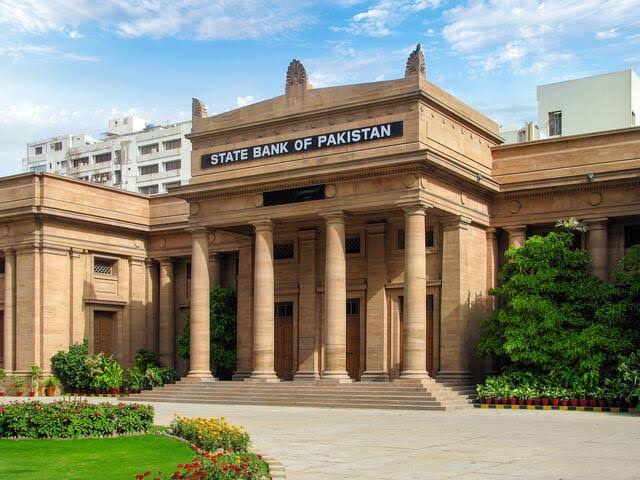The State Bank of Pakistan (SBP) expects to earn a profit of Rs. 2.4 trillion in the financial year 2024-25. This estimate matches the government’s financial targets. While it is lower than last year’s record profit of Rs3.42 trillion, it still reflects strong performance.
According to SBP, these profits will be transferred to the government in the next fiscal year (FY26), after a full audit and approval process is completed.
The SBP has kept the policy interest rate unchanged at 11%. This decision is due to ongoing inflation concerns, which are mainly linked to tensions in the region. The central bank is being cautious to maintain price stability in the country.
On the economic front, signs of recovery are visible in the industrial and services sectors. This growth is supported by rising imports, a rebound in the automobile sector, and positive signals from the Purchasing Managers’ Index (PMI), which reflects improving business activity.
The SBP also expects remittances to rise to $38 billion in FY25. More overseas Pakistanis are using official banking channels to send money home, which helps strengthen the economy and foreign reserves.
In addition, most of the country’s external debt payments for FY25 have already been settled. This reduces pressure on foreign exchange reserves. The SBP has set a target of increasing reserves to $14 billion, which would provide more financial stability for the country going forward.
FBR Chairman Rashid Mahmood Langrial has said that Pakistan must get approval from IMF before making any changes to tax exemptions, rates, or the overall tax system.
While giving a briefing to the Senate, he shared that the IMF has agreed to the FBR’s plan to collect an additional Rs. 389 billion in the fiscal year 2025-26. This target will be achieved mainly through stronger enforcement actions, rather than new taxes.
To ensure the plan is on track, Pakistan will hold weekly meetings with IMF officials. These regular discussions will focus on monitoring tax collections and making sure the FBR meets its targets.
Langrial also mentioned the issue of Real Estate Investment Trust (REIT) exemptions, which have expired. He said the matter was discussed during the meetings, and the government is trying to find a way forward that satisfies both local needs and IMF requirements.
The chairman stressed that Pakistan’s economic program is closely linked with the IMF, and any tax policy decisions must be made in consultation with them. This is part of the broader agreement Pakistan has with the IMF to ensure economic stability and continued support.


